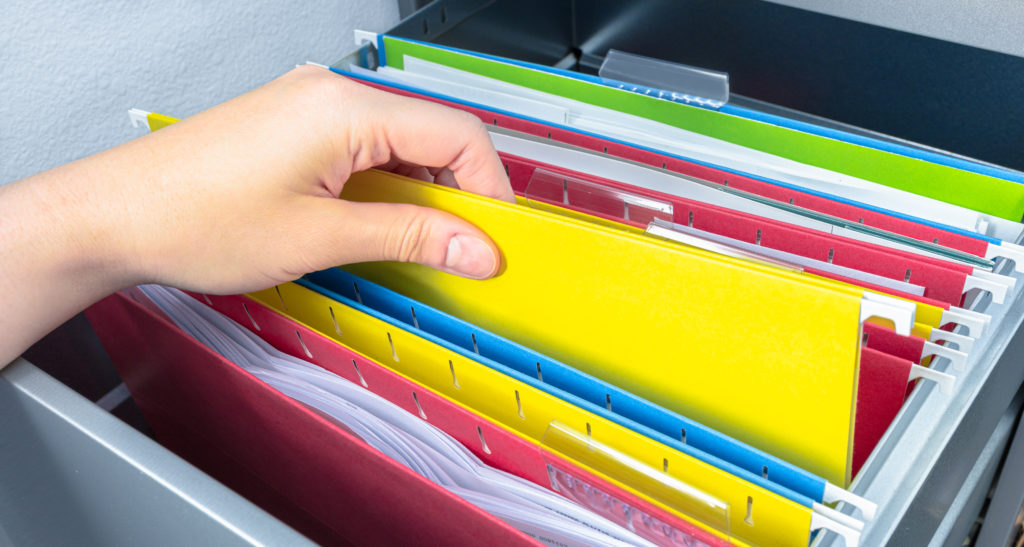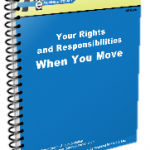
Reduce the amount of papers in your personal files to save space and reduce expenses on your next move. It’s easy to hold on to papers, receipts, bills, etc for longer than needed often because we’re unsure how long we should hold on to important papers.
First, start by separating your paper into piles: Keep, Shred, Recycle.
KEEP: There are many categories of documents you’ll need to retain and file. Below are suggested durations for a number of common documents in most households:
- Supporting Tax Documents: Keep 7 years after you file
- Utilities and Phone Bills: Keep until payment is verified
- Bank and Card Statements: Keep 1 year
- Pay Stubs: Keep 1 year for tax purposes
- Medical Records and Bills: Keep 1 year minimum for any disputes, keep 3-8 years after your procedure, or keep indefinitely for ongoing conditions
- Home Purchase/Sale: Keep 6 years after selling
- Documents to Keep Forever:
-Tax Returns
-Financial Events such as an inheritance
-Birth and death certificates
-Social Security cards
-Marriage licenses
-Divorce papers
-Military discharge documents
-Life insurance policies
-Wills and living wills
Storing all your Keep paperwork in a filing cabinet makes storing and finding it when needed easy.
SHRED: For sensitive documents that are no longer relevant, always utilize shredding for extra security. At-home shredders cannot shred staples, while heavy-duty shredding services can. Be sure to shred personally identifiable information such as:
- Account Numbers
- Birth Dates
- Passwords
- PINs
- Membership Number
- Signatures
- Social Security Numbers
- Names
- Addresses
- Email Addresses
- Phone Numbers
RECYCLE: Generally, paper without personal information is good to recycle. Check with your local recycling management company to learn what paper forms they accept, but a good rule of thumb is no glue or grease.
Sorting out your papers will save you lots of time and stress in the long run. Keep the momentum going by having an established system and routine every time you bring mail or papers home.


